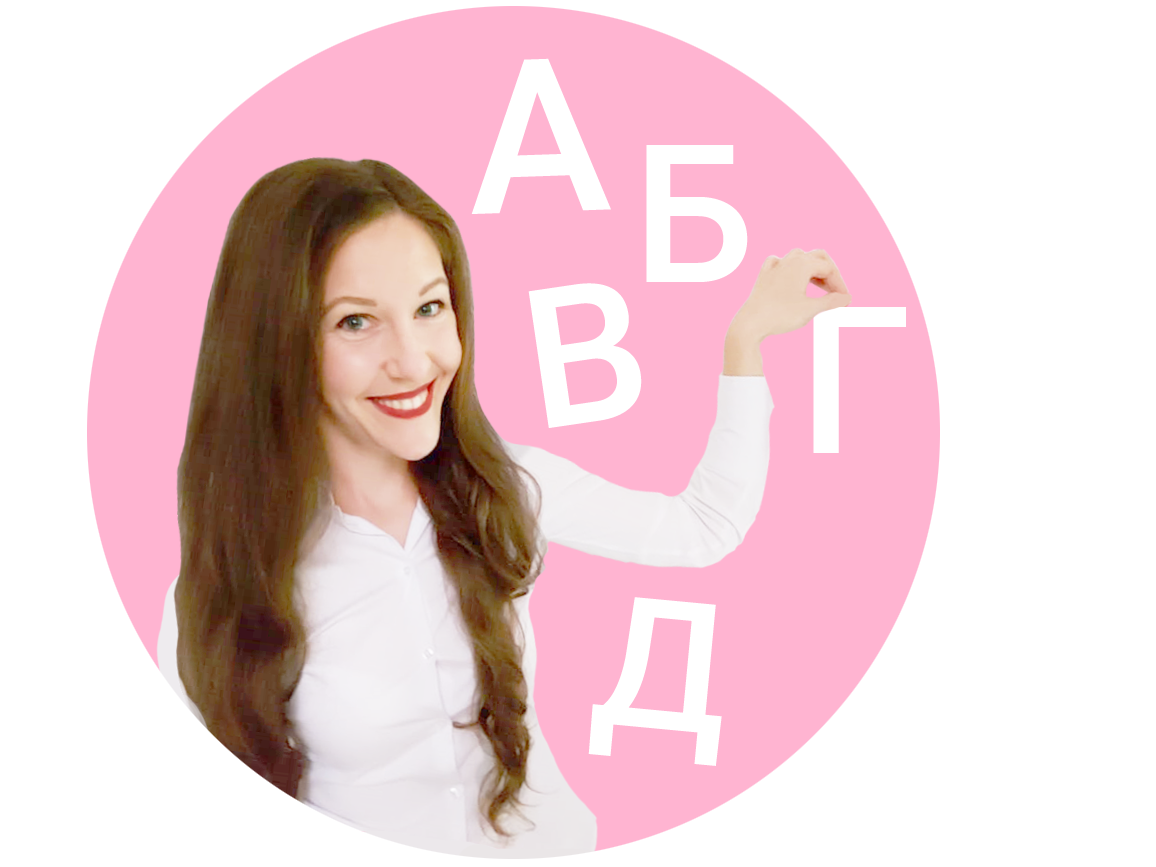Do people in Serbia speak English?
–
Bilingual Post: English – Serbian
1. Do people in Serbia speak English?
People in Serbia speak English, but it’s important to mention that English is well spoken in larger Serbian cities (i.e. Belgrade, Novi Sad, Niš), and perhaps not so well in rural parts of Serbia. However, you shouldn’t have any problems communicating in English with Millennials and Generation Z (people under 40) no matter where you are traveling in Serbia.
It’s good to know that Serbia is among the top 20 best non-native English speaking countries (See the list – CEO World Magazine) and it ranks #17 after Croatia, Hungary and Romania. According to the EF EPI (EF English Proficiency Index), the world’s largest ranking of countries and regions by English skills, Serbia is ranked #14 with HIGH proficiency in English. Countries that come after Serbia on the list are Philippines (#18), Switzerland (#25) and Czech Republic (#27). (See the full list ).
Da li ljudi u Srbiji govore engleski?
Ljudi u Srbiji govore engleski, ali je važno spomenuti da se engleski dobro govori u većim gradovima Srbije (npr. Beograd, Novi Sad, Niš), a da se se slabije govori u ruralnim delovima Srbije. Međutim, ne bi trebalo da imate problema da pričate na engleskom sa milenijalcima i generacijom Z (ljudima ispod 40 godina) bez obzira gde putujete u Srbiji.
Dobro je znati da je Srbija među 20 najboljih zemalja u kojima engleski nije maternji jezik (pogledajte listu – CEO World Magazine) i rangirana je na 17. mestu posle Hrvatske, Mađarske i Rumunije. Prema EF EPI (EF English Proficiency Index), najvećoj svetskoj rang listi zemalja i regiona po znanju engleskog jezika, Srbija je rangirana na 14. mestu sa VISOKIM poznavanjem engleskog jezika. Zemlje na listi koje su posle Srbije su Filipini (#18), Švajcarska (#25) i Češka (#27). (Pogledajte kompletnu listu).
2. Can you travel to Serbia without speaking Serbian language?
Yes, you can definitely travel to Serbia without speaking Serbian. The English language will be enough for you to get around the larger cities in Serbia. If you are going to visit smaller Serbian towns and villages where people do not speak English, you will need to speak Serbian or bring a Serbian friend with you.
If you are planning on going to the smaller Serbian towns and villages, you will need to speak Serbian or go with a Serbian friend.
Možete li putovati u Srbiju bez znanja srpskog jezika?
Da, definitivno možete putovati u Srbiju i bez znanja srpskog. Engleski jezik će vam biti dovoljan za kretanje po većim gradovima Srbije. Ako idete u posetu manjim srpskim gradovima i selima u kojima ljudi ne govore engleski, treba da govorite srpski ili da sa sobom povedete srpskog prijatelja.

3. What languages do people speak in Serbia?
In Serbia people speak Serbian as their native language. Foreign languages are a big part of the Serbian public education and all students in school learn one or two foreign languages. English is the most common foreign language for Serbian students to learn in preschool and elementary school. Other languages that are taught in schools in Serbia are Russian, German, French, etc.
Furthermore, Serbians also speak the languages of neighboring countries like Croatia, Montenegro and Bosnia. Serbians who live in the border region with Bulgaria, Macedonia and Montenegro, colloquially use these languages in their daily lives to communicate with their non-Serbian neighbors.
Koje jezike ljudi govore u Srbiji?
U Srbiji ljudi govore srpski kao maternji jezik. Strani jezici su veliki deo srpskog javnog obrazovanja i svi učenici u školi uče jedan ili dva strana jezika. Engleski je najčešći strani jezik koje srpski učenici uče u obdaništu i osnovnoj školi. Drugi jezici koji se uče u školama su ruski, nemački, francuski itd.
Osim toga, Srbi govore jezike susednih zemalja kao što su Hrvatska, Crna Gora i Bosna. Srbi koji žive u graničnim regionima se Bugarskom, Makedonijom i Crnom Gorom, kolokvijalno koriste ove jezike u svom svakodnevnom životu da komuniciraju sa svojim ne-srpskim susedima.
4. How do people in Serbia communicate and interact with other people?
People in Serbia are kind and friendly. They like to interact and socialize with people from other countries. Serbians communicate in a direct way and they often use hand gestures to convey additional information. Sometimes they can be loud and intense in conversation (aka. “in your face”) especially if they feel very strongly about something. Serbians believe “passion” is part of their “Balkan temperament and soul” and this is clearly visible in their communication style.
Serbians express their friendly intentions towards other people in various ways and “intensity and their animated nature” is just a part of their charm.
Serbians are quite curious about foreigners and they like to learn about other countries and different lifestyles. In a conversation, Serbs like to make comments and freely express their opinion. It’s common for them to share their thoughts too generously and to interrupt the speaker while he/she is speaking. These are a few things to be aware of when talking with Serbians.
One of my favorite words in Serbian is “druženje”. “Druženje” is a Serbian word that means “socializing, spending time, and having fun” in English. Serbians are very social and they like making new friends and I would use the word “druženje” to describe them.
Kako ljudi u Srbiji komuniciraju sa drugim ljudima?
Ljudi u Srbiji su ljubazni i društveni. Oni vole da komuniciraju i da se druže sa ljudima iz drugih zemalja. Srbi komuniciraju na direktan način i često rukama gestikuliraju dodatne informacije. U razgovoru umeju da budu neki put glasni ili “vatreni”, pogotovo ako im je do nečega jako stalo. Srbi smatraju da je „strast“ deo njihovog „balkanskog temperamenta i duše“ i to se jasno vidi u njihovom stilu komunikacije.
Srbi iskazuju prijateljske namere prema drugim ljudima na razne načine i „vatrenost i živahnost” su deo njihovog šarma.
Srbi su prilično radoznali kad su u pitanju stranci i znatiželjni o drugim zemljama i različitim načinima života. U razgovoru Srbi vole da komentarišu i da slobodno ispoljavaju svoje mišljenje. Sasvim je uobičajeno za Srbe da otvoreno kažu šta im je na umu i da prekinu govornika u razgovoru. Ovo je samo neke stvari kojih treba da budete svesni kada razgovarate sa Srbima.
Jedna od mojih omiljenih reči na srpskom jeziku je „druženje“. „Druženje” je srpska reč koja na engleskom znači „družiti se, provoditi vreme i zabavljati se”. Srbi su veoma društveni i vole da sklapaju nova prijateljstva i ja bih upotrebila reč „druženje” da ih opišem.
5. These are some common Serbian phrases:
(Informal)
Hello – Zdravo
How are you? – Kako si?
What is your name? – Kako se zoveš?
My name is… – Moje ime je…
Good day – Dobar dan
Good night – Laku noć
Excuse me – Izvini
Do you have…? – Da li imaš…?
Where can I find…? – Gde mogu naći…?
friend – drug, prijatelj
socializing – druženje
Serbian language – srpski jezik
I don’t speak Serbian well – Ja ne govorim srpski dobro
(Formal)
A greeting of respect – Poštovanje!
How are you? – Kako ste?
What is your name? – Kako se zovete?
It’s nice to meet you – Drago mi je što smo se upoznali
Excuse me – Izvinite
Do you have…? – Da li imate…?





